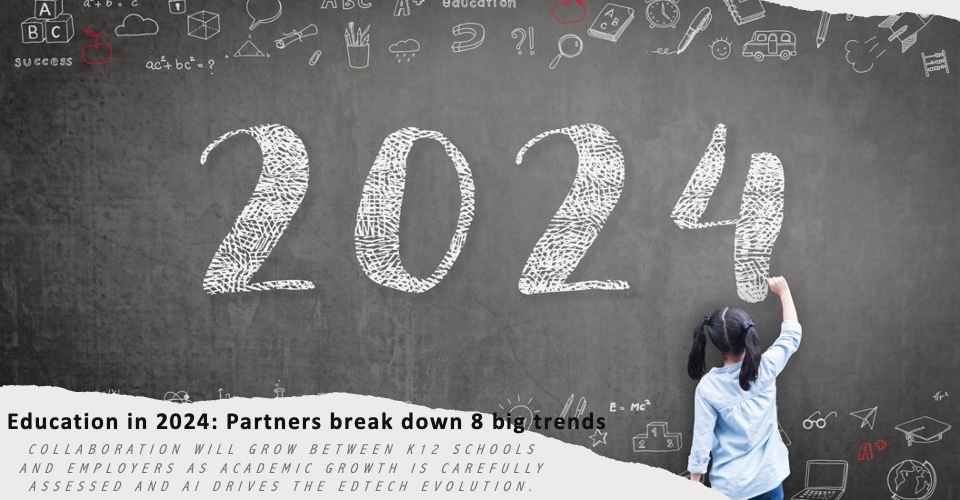While experts worry about humans losing control of potentially dangerous AI technology, educators appear much less worried about the specter of ChatGPT in the classroom. In fact, many of the teachers who have used ChatGPT are embracing the AI tool that, in the wrong hands, has been seen by some as the biggest boon to K12 cheaters since … well, since ever.
At the moment, educators appear to like ChatGPT even more than their students do. More than eight in 10 teachers say that ChatGPT has “positively impacted” their classes, according to survey data released Tuesday by the nonprofit Walton Family Foundation. Plus, more and more teachers are testing out ChatGPT in the classroom: Nearly two-thirds of those surveyed said they have tried it, an increase from the 50% of educators who said the same in the Walton Family Foundation’s February survey.
Finding creative ideas for classes, lesson planning and preparing instructional materials, and building background knowledge for lessons are the most common tasks teachers are completing with ChatGPT. They are also using it for grading, creating tests and communicating with students, parents, and colleagues.
More from DA: Popular superintendent steps down after district loses $1.2M to scammers
Since February, the number of students who say they’ve used ChatGPT grew from 33% to 42%, according to the survey that the Foundation says was designed to gauge how well schools are preparing young people for jobs of the future. But it’s parents who now appear to have the most favorable view of ChatGPT in the classroom, with more than 60% saying AI has the potential to enhance learning. About one-third of parents still believe that ChatGPT is used mostly for cheating.
When it comes to preparing students for their future careers, only 37% of Americans overall gave schools positive marks. Those surveyed were not confident that today’s educators are trained to teach students the skills they need for jobs in quantum computing, 5G/6G technology, semiconductor production, financial technology (also known as “fintech”) and other emerging fields. Even four in 10 teachers don’t think they are preparing students for these careers.
Finally, a third of the students surveyed said their schools were not preparing them for a future STEM career.









